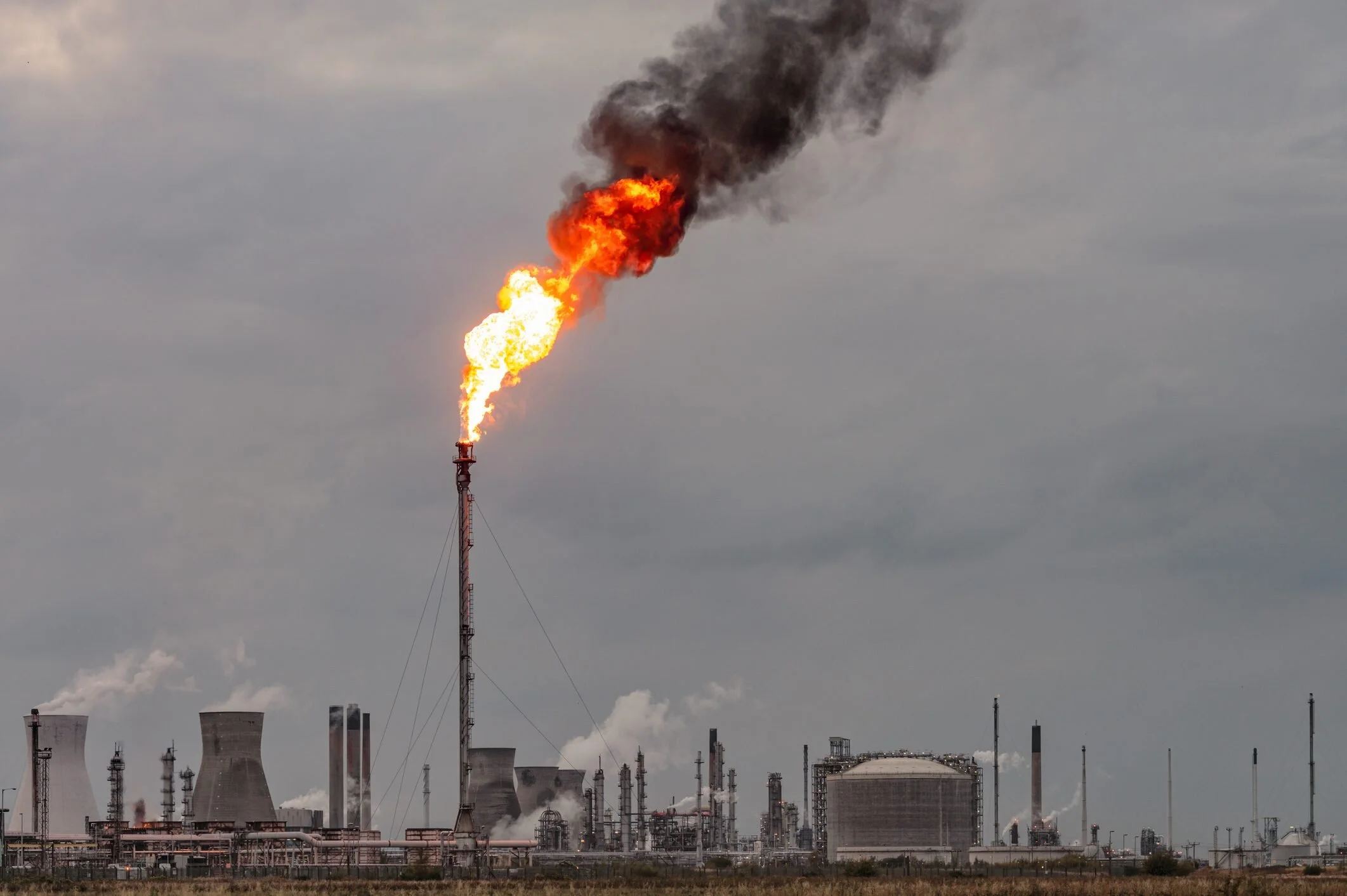Just as UK regulators consider new financial resilience rules, further corporate failures, this time in the critical energy sector, offer some early lessons in how patchy governance, and insufficient focus on geopolitical risk with its complex links to ESG, can undermine financial viability.
The proximate cause of this week's energy company failures was a sharp rise in wholesale gas prices, leaving some firms financially unviable in the face of a government-imposed consumer price cap.
The UK story runs deeper, however. The geopolitics of Nord Stream 2, and Russia's wider role in European gas supply, are key factors in what the International Energy Agency (IEA) has described as the ‘steep rise in European gas prices’. In their statement on 21 September, the IEA diplomatically noted that Russia ‘could do more to increase gas availability’.
Russia’s control of gas supply is increasing just as European governments accelerate public policy efforts to decarbonise and (in Germany) denuclearise domestic energy supplies.
Economic recovery from Covid has also increased global energy demand, while the IEA noted that international LNG production is reduced, squeezing UK gas imports further as we go into autumn. The rise in shipping costs has only exacerbated these challenges.
Could this confluence of factors have been anticipated by boards or management teams in UK energy companies – as the kind of stress event that BEIS recently highlighted as requiring enhanced financial resilience statements in company reporting?
The short answer is yes. Geopolitics has long influenced energy supply. Putin’s broad geo-strategic approach and European NetZero policies are not state secrets, while global energy market data are widely available. A smart reading of geopolitics, ESG imperatives and energy trends could therefore have identified a ‘severe but plausible’ market stress scenario that would undermine financial viability.
We don’t yet know what financial strategies, if any, affected firms had in place to ride out market stress. Hedging can be expensive. But scenario analysis could have illuminated quite how slender were the financial risk tolerances for some UK suppliers operating within a price-capped market.
If management teams were not engaged in scenario analysis and planning of this kind, overseen by their boards, this episode would represent a failure of corporate leadership and governance.
The unpredictable and external nature of geopolitics, with its complex ESG nexus, are difficult areas for company boards, risk and management teams to grapple with. But increasing external volatility is affecting many industry sectors, with impacts across strategy, financial viability, operational resilience and reputation.
A ‘head in the sand’ governance approach on geopolitical risk is no longer adequate. It can prevent access to commercial opportunities too - British Gas saw its share price rise this week as it takes in customers from failed firms. Other resilient firms in the market will be able to follow suit.
Recent events demonstrate why the Risk Coalition, working with GRI Strategies, will shortly publish important guidance for how firms can address geopolitical and related ESG risks in systematic and sophisticated ways. This includes effective use of scenario analysis, as well as guidance on wider integration of geopolitical issues into governance and risk management frameworks.
The Extra G - ESG2 will therefore help boards and risk functions foster resilience, enhance management decision-making and support agility in taking commercial opportunities.
This guidance is the first of its kind, drawing on input and support from a wide range of professional bodies. Had our guidance been applied by affected firms, outcomes may well have been different. This week’s events in the UK retail energy market therefore show how much new corporate approaches are needed as global geopolitical challenges intensify.
For a short overview of the guidance please email team@riskcoalition.org.uk.
Derek Leatherdale is founder of GRI Strategies and an Associate Director of The Risk Coalition. He was HSBC's founding global head of geopolitical risk and set up the bank's group geopolitical risk function, before leading the bank’s global government affairs campaigns. Derek also has prior experience in national security and intelligence roles for the British government. GRI works with firms across industry sectors to improve oversight and management of geopolitical risks

